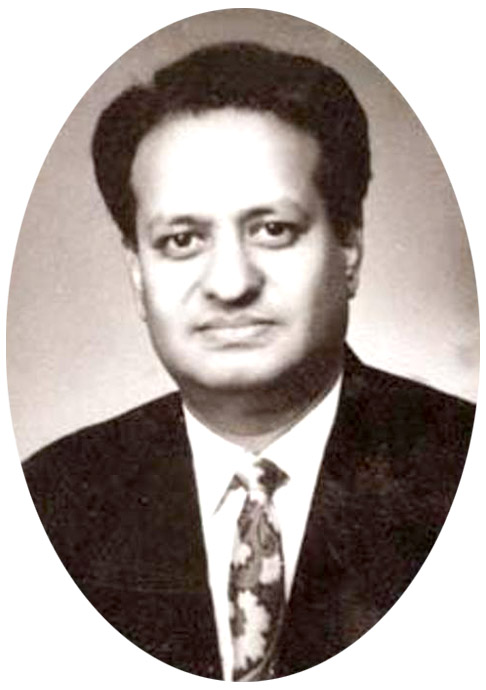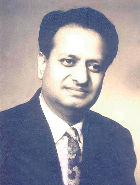Poetry-A Performing Art Poem by Seshendra Sharma
Poetry-A Performing Art
Though poetry is an art by itself, in kavi sammelans (poets' gatherings)it becomes a performing art. While reciting his poem on such occasions from the Dias, unless the poet becomes expressive by modulations of his voice, his face, and his hands and in many other ways according to the feelings fleeting in the poem, no living communication is reached with the audience. Then alone the audience are drawn into the poem without any physical expressiveness, that is to say, if it is like sounds issuing from a loudspeaker, then the living link necessary with the audience will not be there. When a person reads the poem, without any physical expressiveness, that is to say, if it is like sounds issuing from a loud speaker, then the living link necessary with the audience will not be there. When a person reads the poem, all the nuances of the expressions of the poet when he recites it will be instinctively guessed by the reader. And there by the reader receives the full pleasure that the poem is pregnantwith.
The poet by writing a poem in a language is addressing only a fraction of the people imprisoned in that language. But a poem is the product of feeling and emotions, which are universal, while language is only regional. The poet has to reach the entire mankind expressing crossing the language, region, nationality and such other many barriers that divide mankind.
Translation, of course, has been helping the poet from times immemorial to reach all mankind: and that is how Valmiki, Shakespeare, Sophocles, Aristotle, Kalidas, Galib, SubrahmanyaBharathi, Kabir for that matter all the poets of all languages are the common heritage of whole mankind. While that is the fundamental truth of the art of literature, today's poets are in self-imposed shackles and not only that, they are also proud of it. They say their language alone is great and others are inferior. While poets are sinking thus into the mire of localism, the politician and the businessman are doing what the poet has to do. Indira Gandhi belonging to Allahabad contests the parliamentary election in some constituency in Karnataka miles and miles away from her place. Similarly the businessman establishes his business centers in distant countries among strange people, strange languages, stranger cultures, while, as said before the poet enjoys sinking into their own mire of localism glorifying his own language and region. The Indian politician, a product of Indian democracy, and whose chief characteristic is opportunism, raises language and region to the glorified level of political slogans to gather votes, while at the same time pretends that he is a nationalist or internationalist. This is the sorry pass to which or poor Indian literature has come to. Any change of this pathetic situation is not in sight anywhere in the near future. -
- Seshendra Sharma

(4) I agree with your observation that the poets do have a vision expressed through a set of their words and images which should reach out to people all over the world. You have also given list of renowned poets from India and elsewhere. Their works are available all over by virtue of translation from one language to the other. Such creative people of today should increase their outreach through this powerful tool of translation.
(3) I think there is a very limited scope for serious poetry in such gatherings. I agree that most of the poets are 'imprisoned in their own cocoons- may be due their myopic outlook or lack of cross-linguistic opportunities which rules out their outreach with 'entire mankind expressing crossing the language, region, nationality and such other many barriers that divide mankind'.
(2) The 'kavi sammelans' or poets' get-togethers though regale their audience but do not have much to offer and thus serve a limited purpose. The 'performance' of those poets is applauded who can recite their 'geets' or 'ghazals' soulfully. Some others appeal to the audience though their humorous jokes and satirical poems or entertainment quotient.
'Poetry-A Performing Art' indeed gives an overview of the literary scene especially in the context of our country which abounds in over two dozen regional languages with each one of them having a rich body of literature including poetry- from ancient to the contemporary. It is painful to note that a major part of this literature might find its target audience but does not go beyond that.
This poem has not been translated into any other language yet.
I would like to translate this poem
(5) Not many people would be knowing that Gurudev Rabindranath Tagore himself had translated his timeless collection of poems 'Geetanjali' into English. This was originally written in Bengali. The world came to know about it after it earned Nobel Prize for literature in 1913.